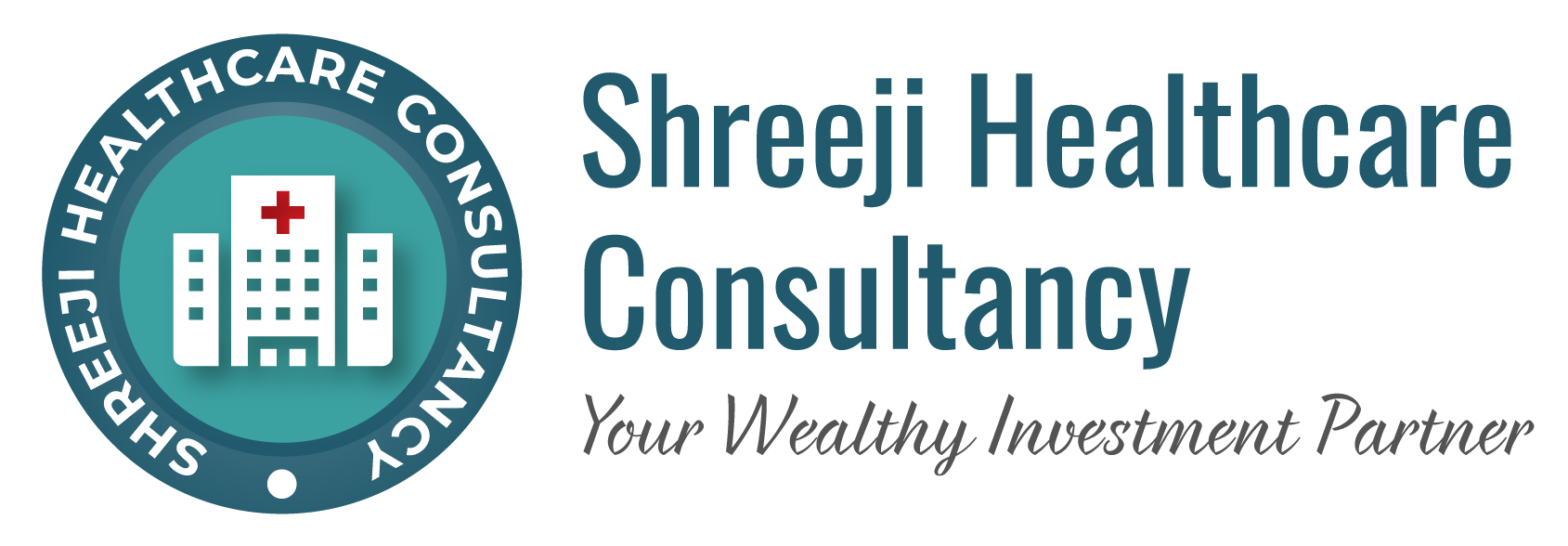Accreditation is usually a voluntary program in which trained external peer reviewers evaluate a healthcare organization's compliance and compare it with pre-established performance standards
Ensuring quality is a critical component of high-performing health systems. Having access to health care is not enough: patients who enter the health care system—whether a clinic, a hospital, or another venue—need to be confident that they will receive care that is safe, effective, and consistent with the latest clinical evidence.
Does accreditation ensure high quality care?
Yes of course
If pursuing accreditation, hospitals may choose to work with one of several accrediting bodies, to whom they pay a fee to undergo the survey process.
Hospital accreditation processes should be adopted to achieve the highest standards of healthcare. This process requires behavioral changes and mobilization of professionals in efforts to achieve goals and objectives, in addition to continuous improvement of healthcare.
Benefits of Accreditation
-
Accreditation is associated with better performance
-
Improves quality outcomes
-
Establishes facilities' commitment to higher standards and gives them a competitive edge
-
Provides processes for timely and accurate diagnosis and treatment
-
Defines risk stratification to ensure appropriate placement of patients based on clinical presentation and initial response to treatment
-
Helps facilities identify gaps, measure results, and revise current processes
-
Collects metrics to ensure that processes meet clinical and financial goals
-
incentives in various govt.scheme
Lorem Ipsum is simply dummy text of the printing and typesetting industry. Has been the industry's standard text ever since the 1500s, when an unknown printer took a galley of type and scrambled it to make a type specimencenturies.


